Recent Publications & Learning
Doing development differently starts with better evidence and learning.
Doing development differently starts with better evidence and learning.
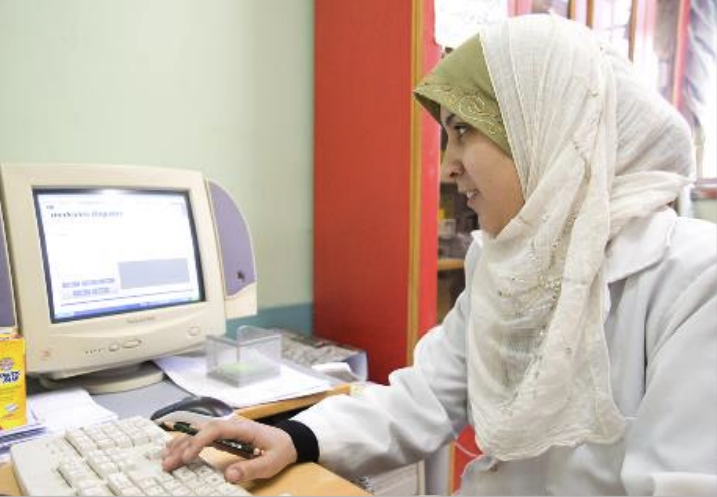
This paper, based on extensive research and interviews, provides the rationale that market systems facilitation practitioners can use to engage private sector firms in efforts to empower women. From identifying partners to articulating the mutually beneficial value of women's inclusion, the paper offers guidance and real-world examples to help companies empower women working at every level of the economy.
Read More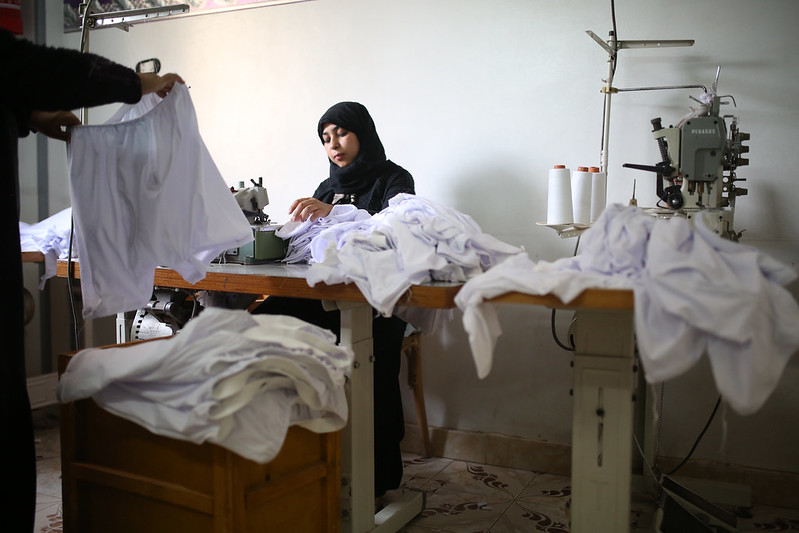
The framework presented in this paper identifies gender considerations and provides examples for facilitating women’s economic empowerment in inclusive market systems. By explicitly taking gender dynamics into account, inclusive market systems can empower women, leading to wide-ranging development dividends for both women and men, their families, and wider society.
Read More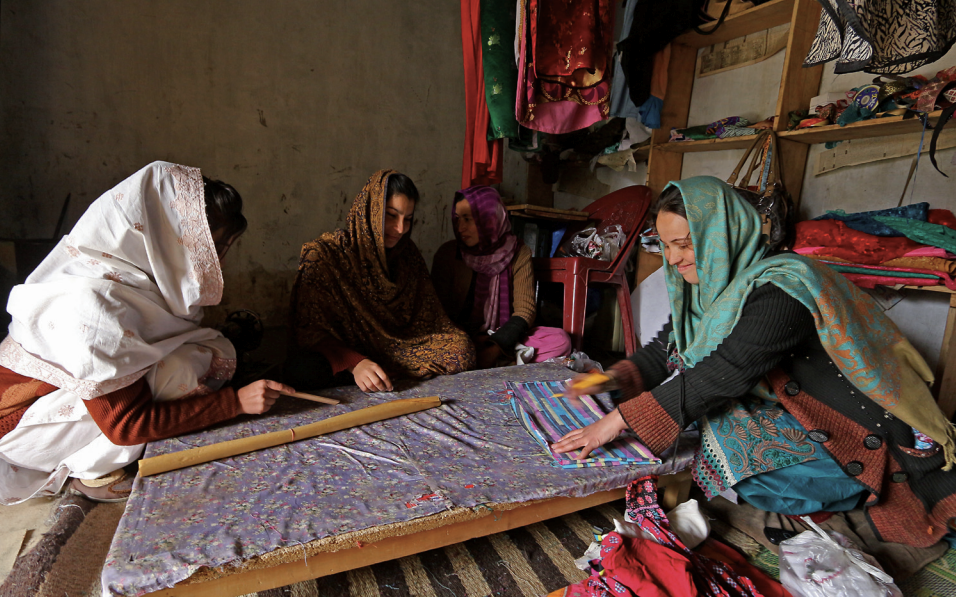
Aga Khan Rural Support Programme (AKRSP) realized a catalytic intervention was needed to support women’s access to public spaces, demonstrating that women can run businesses. In 2007, the first women-only markets were opened as part of a wider women’s poverty reduction initiative. A total of 29 markets were launched over the next three years. This report presents the results of this intervention and the lessons learned from the operational issues encountered.
Read More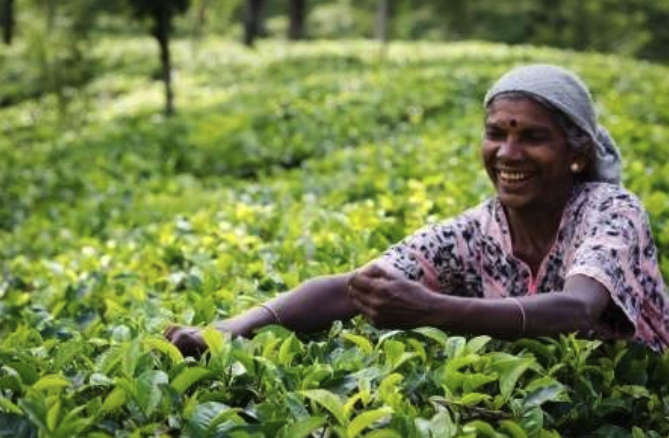
Most guidelines on women’s economic empowerment focus on theory of guiding implementation practices but not on measurement practices tailored to private sector development (PSD) programs. Moreover, more PSD programs focus on measuring enterprise-level results instead of household level results. This document presents the key findings on measurement practices of women’s economic empowerment specifically.
Read More
Can youth savings groups help foster entrepreneurship and employment among young people, supporting them in their search for decent work and their struggle against poverty? This webinar presented key findings from a paper on the topic commissioned by Plan UK; programmatic considerations on what is working and what is not from the Banking on Change partnership; and learnings from Freedom from Hunger's AIM youth initiative.
Read More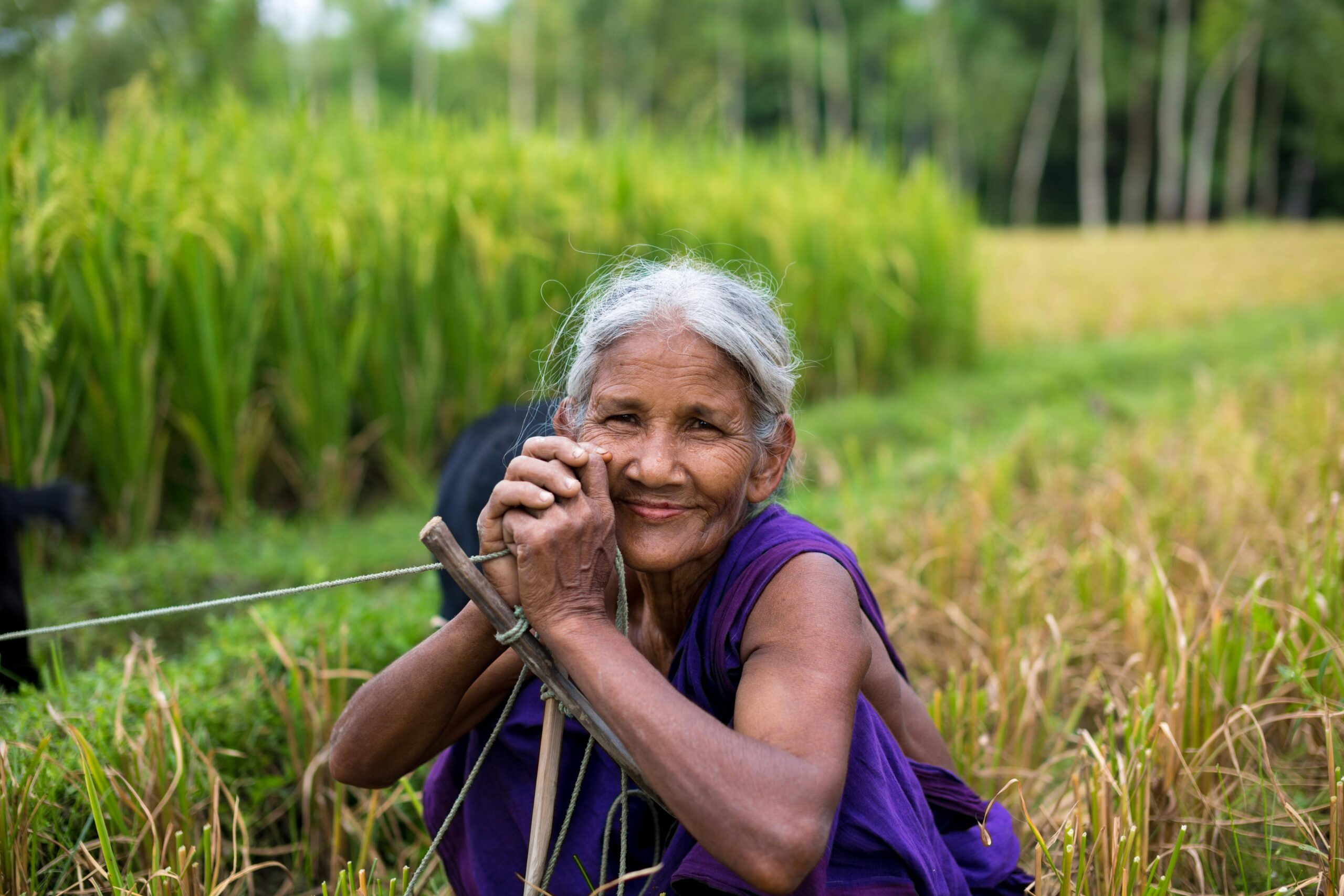
Why measure women’s economic empowerment? Why are household level indicators important for measuring changes in women’s economic empowerment? In this webinar, Erin Markel presents guidelines, good practices, and lessons learned for Measuring Results of Women’s Economic Empowerment in Private Sector Development.
Read More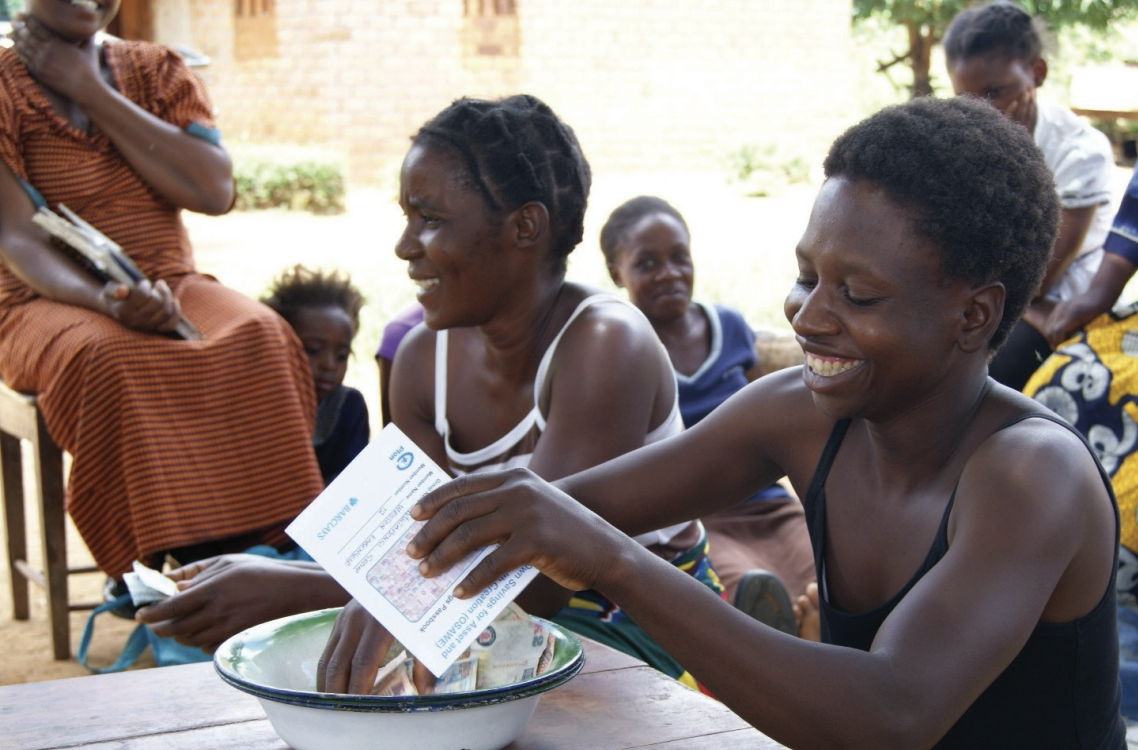
This report examines how youth savings groups can contribute to the fight against youth unemployment. It looks at key constraints to youth employability and entrepreneurship, including limited asset base and access to finance, lack of employability and entrepreneurship skills, limited social networks, household underinvestment in education and health, unfavorable cultural and social norms and non-conducive regulatory frameworks.
Read More
STRIVE implemented four field projects in Africa and Asia between 2008 and 2013, ranging from savings-led finance to workforce development to value chain interventions. This report summarizes the findings of one of four STRIVE-funded initiatives, MEDA’s Afghan Secure Futures (ASF) project. ASF focused on benefiting youth apprentices working in workshops in the Afghan construction sector.
Read More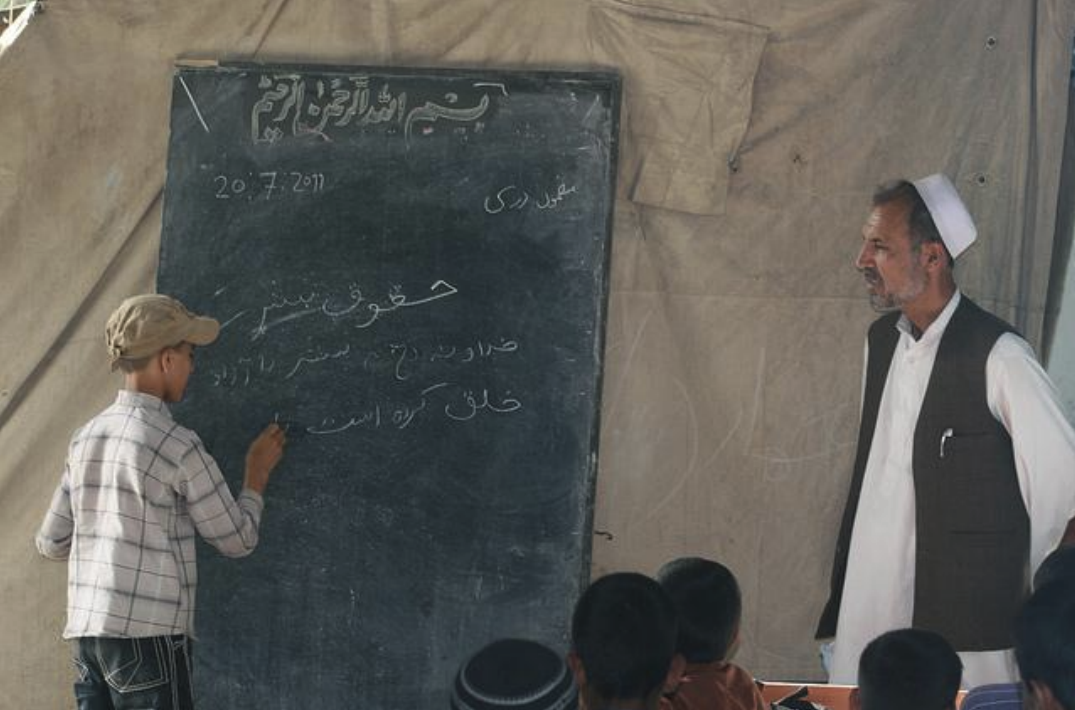
STRIVE has implemented four field projects in Africa and Asia between 2008 and 2013. Each project has pursued a unique economic strengthening approach, ranging from savings-led finance to workforce development to value chain interventions. This report summarizes the findings of one of four STRIVE-funded initiatives, MEDA’s Afghan Secure Futures (ASF) project. ASF focused on benefiting youth apprentices working in workshops in the Afghan construction sector, in part by facilitating their access to supplementary literacy and numeracy training.
Read More
The relationship between livelihoods and food security is complex and is influenced by a wide variety of factors that vary in importance across contexts and over time. This document presents a conceptual framework for integrating sustainable, market-driven livelihood strengthening into food security interventions.
Read More